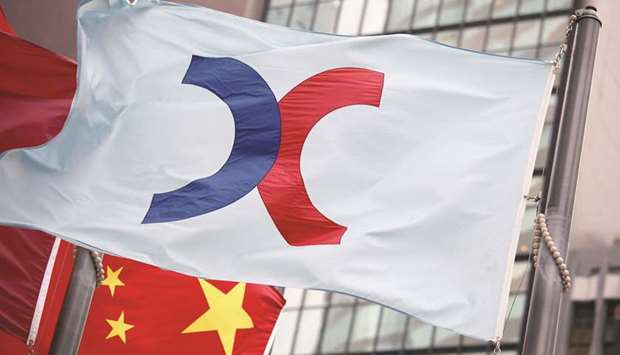For decades, Hong Kong and Singapore have engaged in a more or less friendly competition for financial supremacy in Asia.
This week, the rivalry got unusually heated.
“We don’t normally as an organisation dignify remarks made by competitors with a response, but I thought today I’d make an exception to that rule,” Ashley Alder, chief executive of Hong Kong’s Securities and Futures Commission, said at a public forum in the city on Wednesday.
Alder proceeded to push back against the idea, reportedly raised by a Singapore Exchange Ltd executive during a marketing trip to Hong Kong last week, that China’s government has “some influence” over the city’s regulator.
Alder said Hong Kong has an “arms-length” relationship with policymakers in Beijing and any suggestion that the SFC is “under the influence” is “totally false.”
“I don’t think it was very adult,” Alder said of the executive’s comment.
The episode highlighted the growing intensity of a battle for stock-market listings between the two financial hubs, with exchanges in both cities recently proposing changes to their rules to lure more fast-growing technology companies.
Hong Kong has dominated its rival when it comes to initial public offerings over the past few years, though Singapore remains competitive in other areas.
Here’s how the two markets stack up: Hong Kong has challenged New York in recent years for the global IPO crown – despite missing out on Alibaba Group Holding Ltd – while SGX has seen a rebound in offerings since 2015.
Both jurisdictions will soon allow dual-class share structures in an effort to win more listings.
Hong Kong Exchanges & Clearing Ltd has gained more than 120% since the start of 2014, and at Thursday’s close was the second-biggest exchange operator in the world by market value, according to data compiled by Bloomberg.
SGX shares are little changed during the same period.
Boosted by the presence of Chinese giants including Tencent Holdings Ltd and China Construction Bank Corp, Hong Kong has the world’s fourth-largest stock market.
While Singapore’s is a fraction of the size, it’s the largest in Southeast Asia.
Singapore has established itself as an offshore derivatives hub, with products linked to stocks in China, Japan and India.
Most of HKEX’s derivatives are tied to its home city and mainland China, though it plans to branch out.
Singapore rivals Tokyo as Asia’s foreign exchange hub, and has plans to one day compete with London and New York.
Hong Kong isn’t too far behind.

A flag bearing the logo of the Hong Kong Exchanges and Clearing flies in Hong Kong. HKEX has gained more than 120% since the start of 2014, and at Thursday’s close was the second-biggest exchange operator in the world by market value, according to data compiled by Bloomberg.
